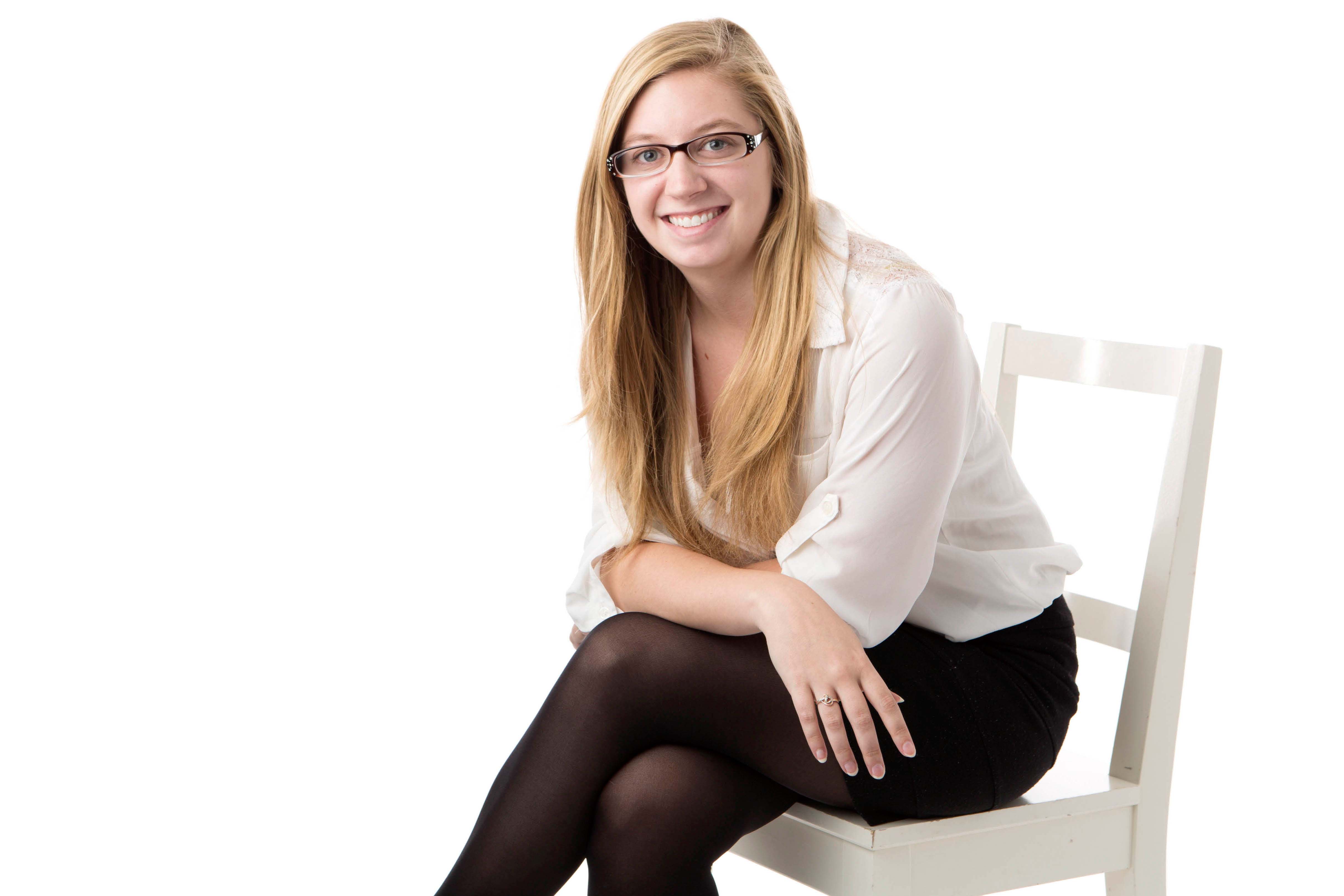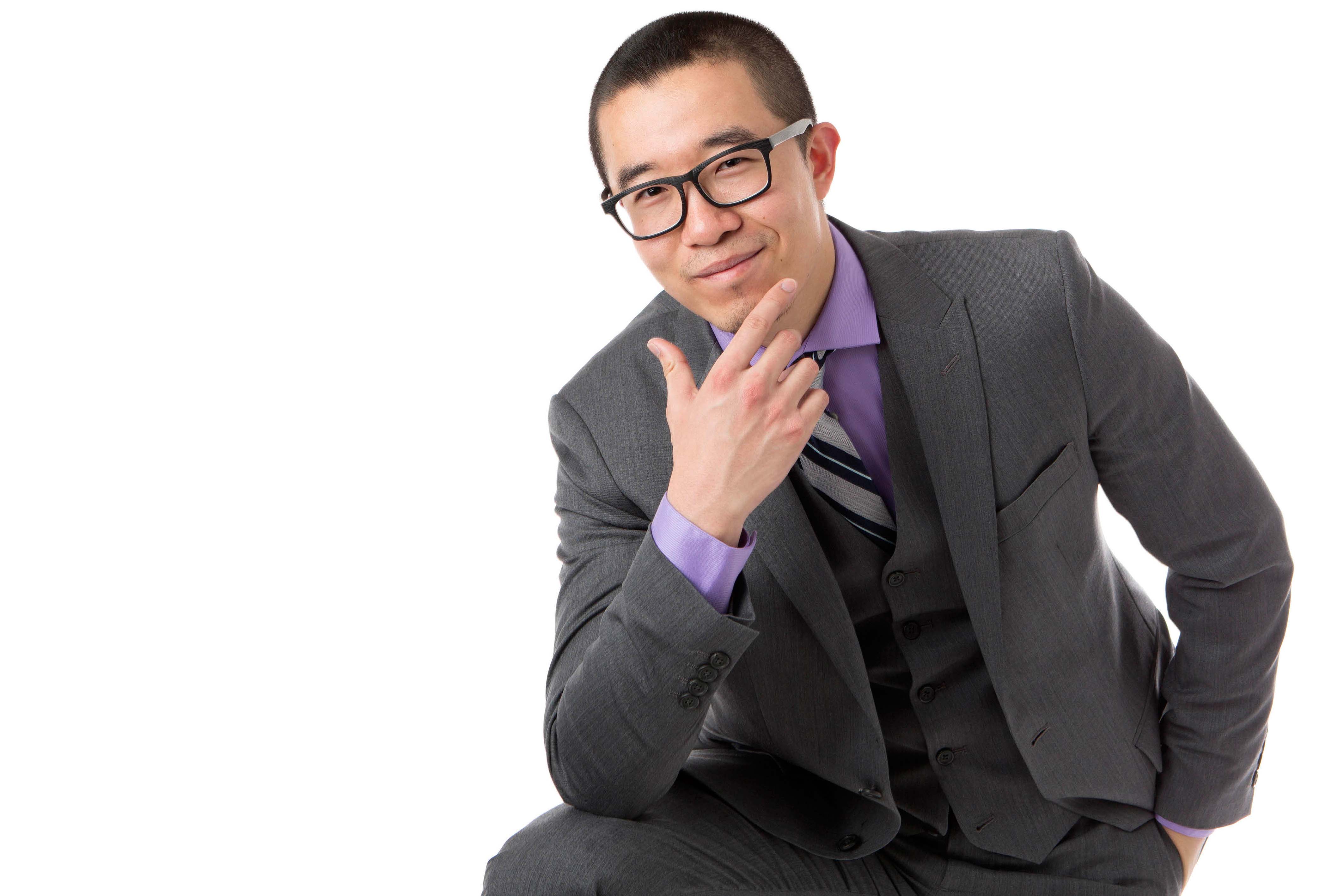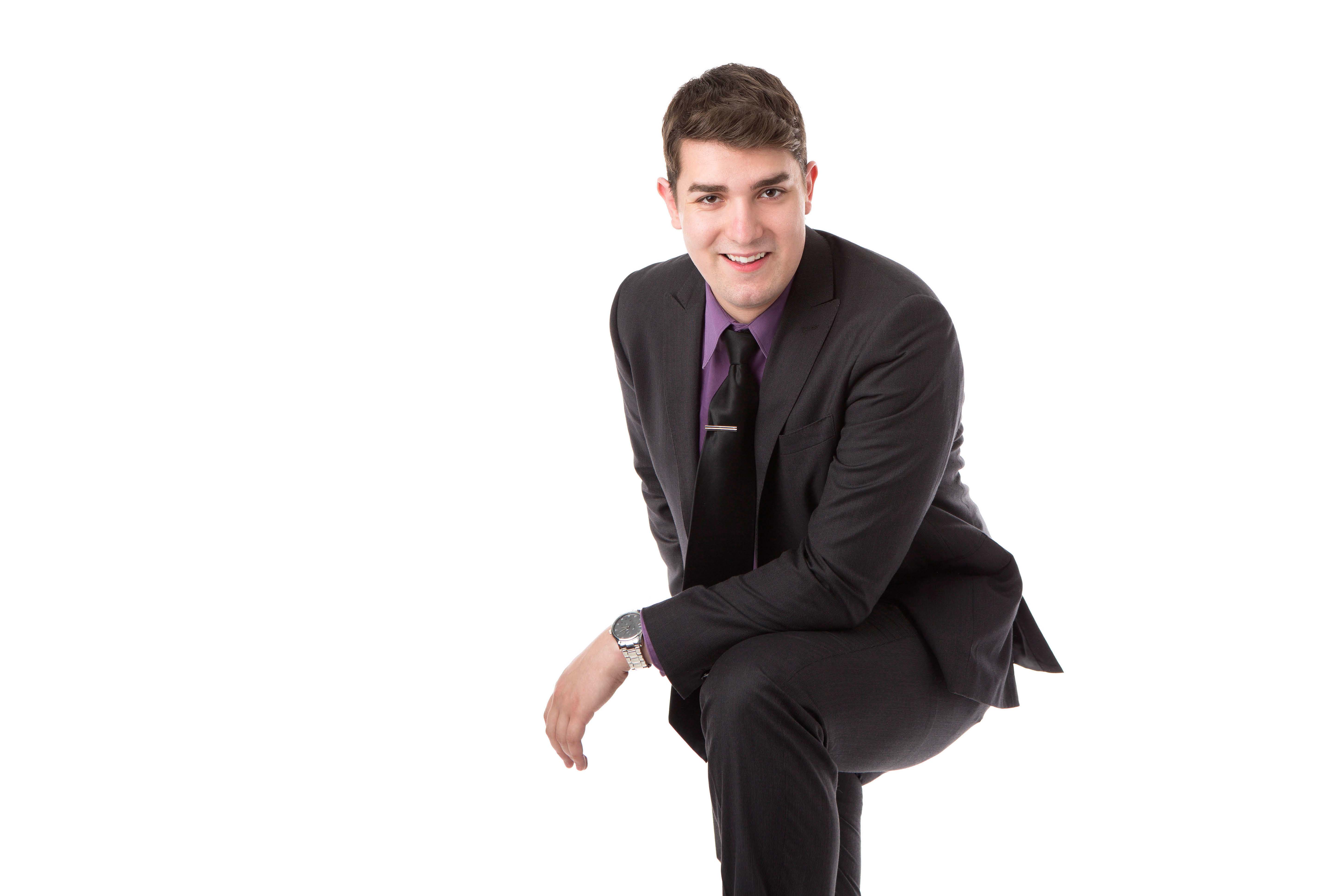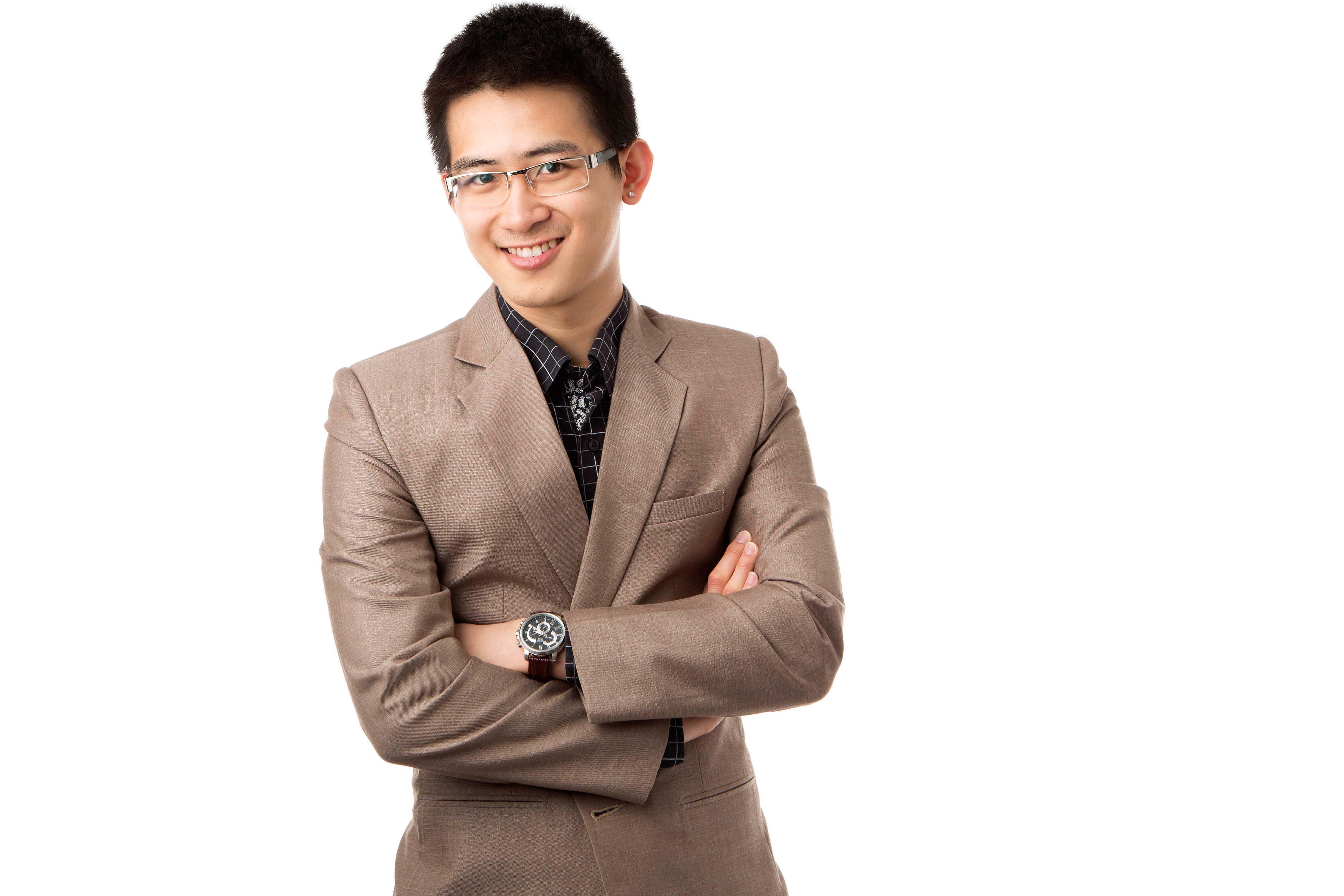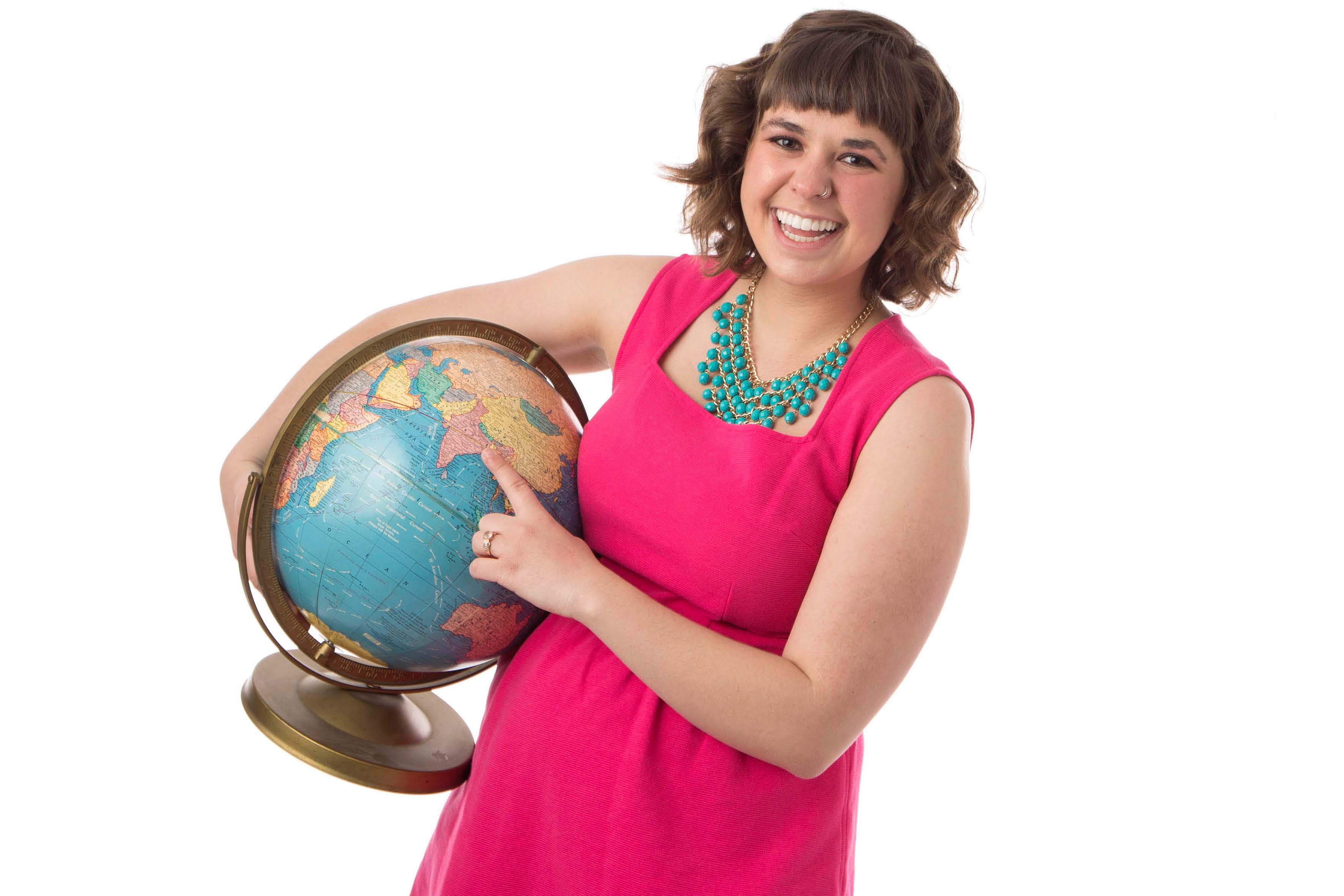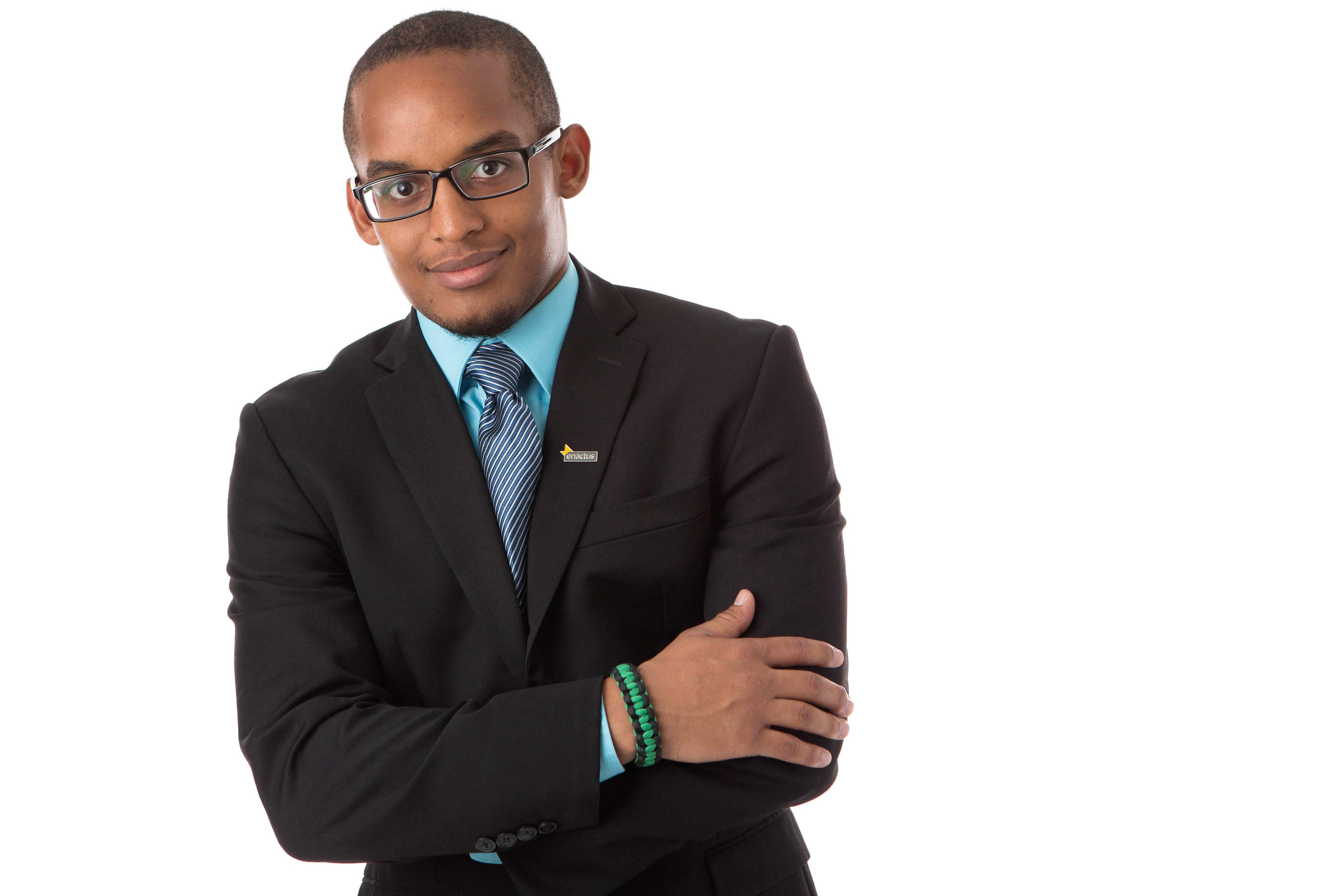Politics courses steered Oeltjenbruns to judicial ambitions
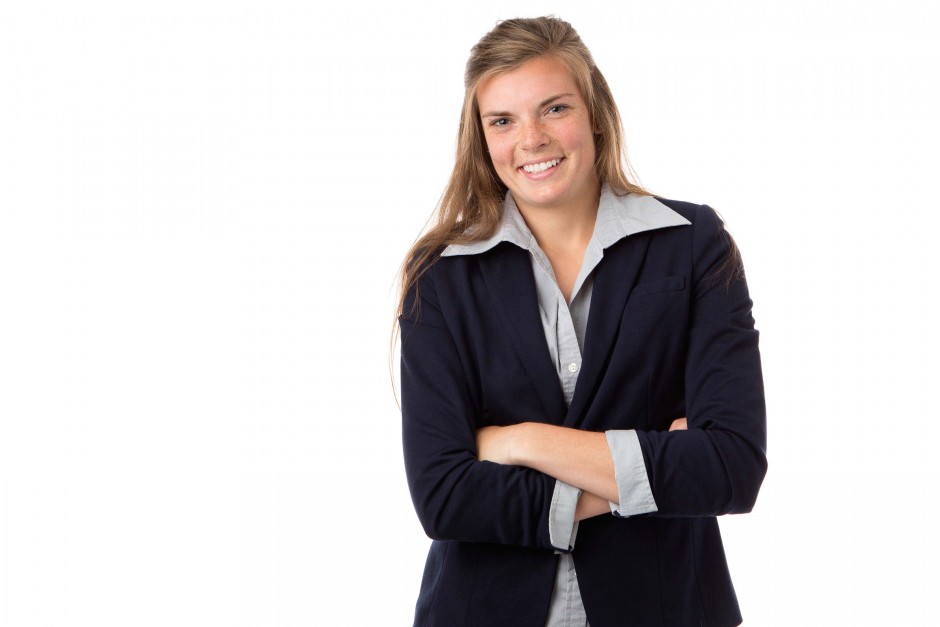
There was never a question in Kelly Oeltjenbruns’ mind about whether she’d go to law school, and indeed, she’s going to Washington University’s top-tier law school this fall. For her, the decision came down to what she wanted to do with a law degree.
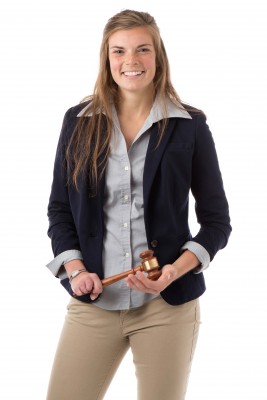
When she first came to Cornell College, Oeltjenbruns, from Dayton, Iowa, thought she would go into politics. She also considered international law after taking politics professor David Yamanishi’s course on international politics. That course, and Yamanishi, influenced her so much that she decided to double major in politics and international relations.
But after taking politics professor Craig Allin’s legendarily rigorous series of courses on constitutional law, she realized that a judicial career was even more appealing.
“We looked at the influence judges have,” she said, “and what they use to arrive at their decisions.”
Oeltjenbruns formed strong relationships with all of the politics faculty. Allin, politics professor Rob Sutherland, and politics professor Hans Hassell all ended up writing letters of recommendation for her, and she did research with Hassell that is under review to be published. However, her experiences outside the classroom were just as important.
Even among a student body as involved as that of Cornell, Oeltjenbruns stands out because of the breadth and the depth of her experience. She played basketball for two years and was involved with Student Senate for three. She was elected Student Senate president during her junior year, and saw her role as trying to facilitate discussions across campus and to address the issues students brought before Senate.
Through Senate she met one of her most important mentors on campus: John Harp, vice president for Student Affairs. Harp’s advising of Senate, especially the way he helped the group arrive at decisions by asking questions instead of telling them how things should be done, influenced her own leadership style.
“John is someone I want to stay in contact with for the rest of my life,” she said. “I go to him with everything.”
During her senior year she took on an entirely new challenge after friends approached her about trying out for the inaugural women’s lacrosse team.
“It was a big honor to have people approach me to join the team,” she said, “and one of the best decisions I’ve ever made.”
When she decided to try out, she didn’t even know the rules of the game, but she started conditioning and learning. She was one of only four seniors on the team—the other 10 players were all first-year students. She played in all 15 of the season’s games, and took an on-field leadership role that was very different from her Senate presidency.
In that role she was an arbiter and decision maker. On the lacrosse field, she had to lead by running as fast as possible, by working as hard as she could, and by going after every single ball. It was an entirely different experience from her time playing basketball, a long-established team on campus. It taught her a lot about what it takes to start something from scratch. And she ended up leaving a mark not only on the team, but on the Midwest Women’s Lacrosse Conference as a whole. Her hard work landed her on the earned a spot on the 2015 All-MWLC First Team.
“I decided I was going to have fun and play very hard. I wasn’t there to win games, but to help establish a program.”

